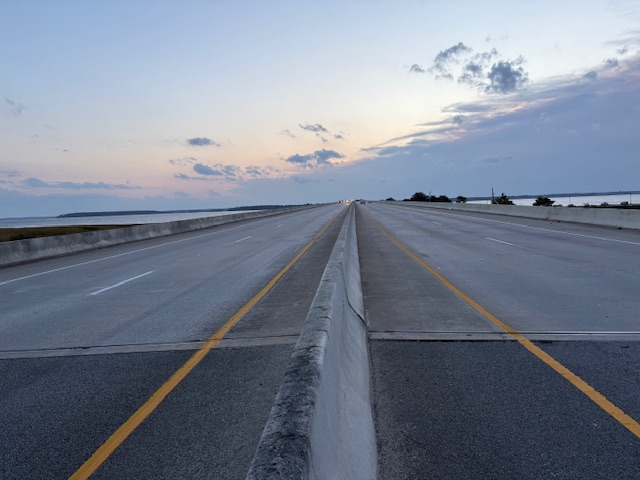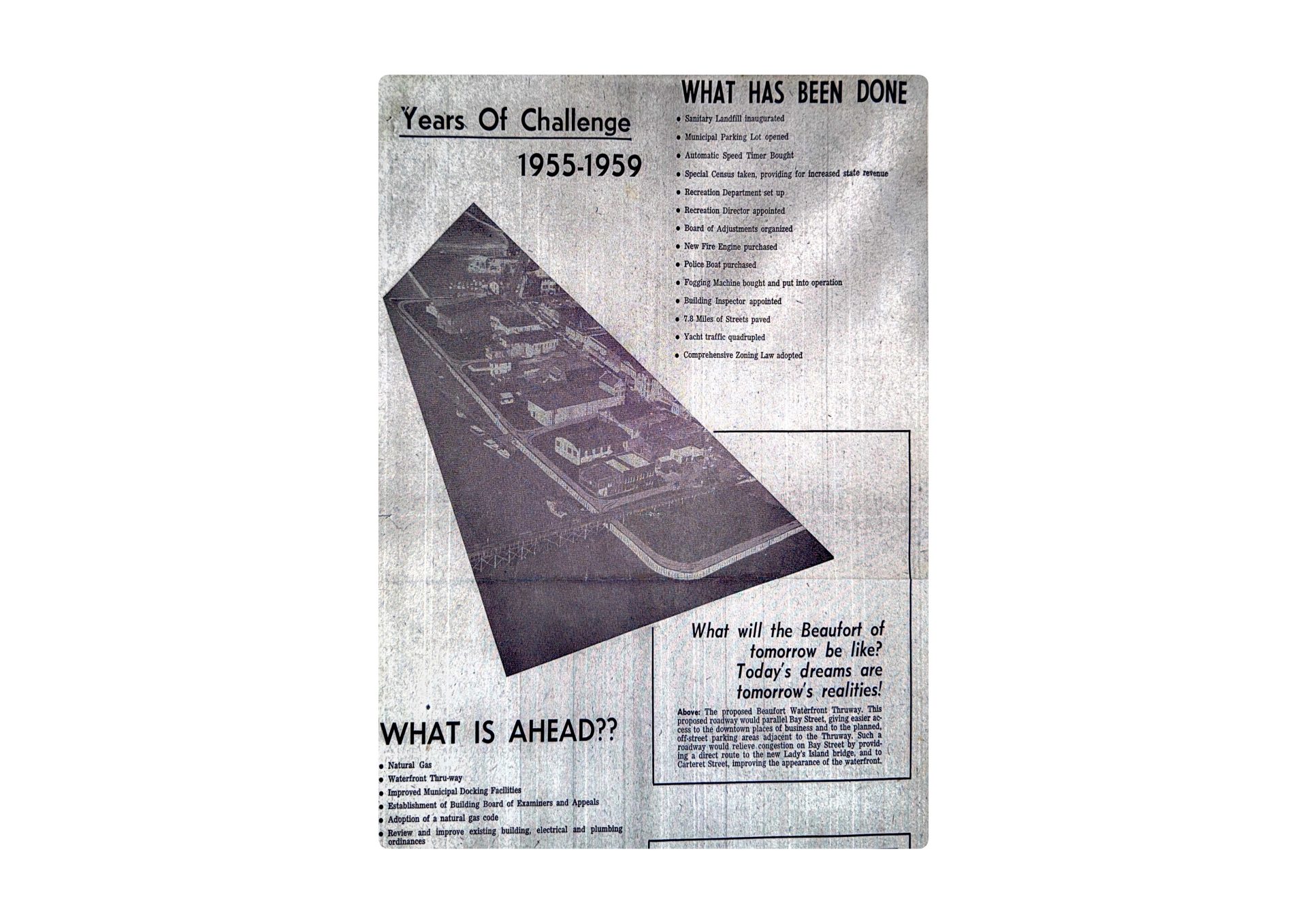By Bill Rauch
Recognizing that river and coastal flooding in recent years has caused multiple injuries, the loss of lives, and extensive property damage throughout South Carolina, Gov. Henry McMaster has empaneled a statewide Floodwater Commission and named Beaufort County Council Vice Chairman Paul Sommerville to it. The commission is chaired by Tom Mulliikin, the Camden-based environmental lawyer and Coastal Carolina research professor whose expertise is the worldwide economic impact of climate change.
“Beaufort County, along with many other areas of South Carolina, is vulnerable to flooding due to rising tides and rain events,” Sommerville said last week. “This statewide commission will look for real solutions to real problems, present and future.”
One possible such solution was proposed last week by another commission member, State Sen. Stephen Goldfinch, who represents Horry County. Goldfinch’s proposal, known as the South Carolina Resilience Revolving Fund Act, or S.259, would create a fund to make low-interest loans to local governments who would in turn buy out South Carolina homeowners in their jurisdictions whose homes have been repeatedly flooded; raze the houses; and leave the purchased land in open space. Goldfinch says there are 300 homes in South Carolina that have been flooded and rebuilt with taxpayer (National Flood Insurance) dollars an average of five times. He adds there are 750 more homes that have been flooded and rebuilt twice. Most of these homeowners, Goldfinch says, “can’t afford to move, but at the same time taxpayers can’t afford for them to stay.”
In the past three years Hurricanes Florence and Michael (2018), Hurricane Irma (2017), and Hurricane Matthew (2016) have provided repeated reminders of various localities’ vulnerabilities to flooding.
Hurricane Florence, for example, closed portions of I-95 from mile markers 164 to 181 for a week last September, and U.S. 17 near Georgetown and 169 other roads were closed statewide at the same time due to flooding or the risk of it. In 2016, Hurricane Matthew’s floodwaters also closed I-95 and were responsible for four South Carolina deaths.
These treacherous natural disasters have been combined with tides that have been rising at a compounding average of 3.25 millimeters per year for the past hundred years, creating an ever-increasing peril for coastal properties and their owners.
Former Charleston Mayor Joe Riley embarked that city on an aggressive floodwater control program that has been continued by the city’s current mayor, South Carolina Floodwater Commission member John Tecklenburg. Depending on what infrastructure improvements are counted, Charleston is hundreds of millions of dollars into a program to create drainage, water tunnels, pumps and seawalls designed largely to keep unwanted seawater out of the city’s historic district.
And the city is clearly and necessarily just getting started, as flooding there seems, despite the city’s efforts, to be getting worse, not better. Last year’s November king tides, for example, that were accompanied by no rainfall caused some Charleston streets to be flooded three days in a row, according to Post and Courier reports.
Last month, a new Ashley River floodwater barrier was proposed that would protect downtown Charleston’s burgeoning medical campus by “hard armoring” (constructing concrete and steel seawalls) along a raised Lockwood Drive.
Beaufort County currently has no “hard armoring” under consideration, according to Planning Director Eric Greenway. But that doesn’t mean the county’s taxpayers aren’t footing the ever-increasing bill to “soft armor” the county’s infrastructure against the ever-rising floodwaters.
“Every year the county trucks and spreads more fill dirt to protect its road system from the rising tides than it did the year before,” says County Public Works Director David Wilhelm. “And if current projections hold, that upward trend will continue here indefinitely.”
Solutions will be costly for sure, but good for the governor for recognizing the need and getting after it.
Bill Rauch was the mayor of Beaufort from 1999-2008. Email Bill at TheRauchReport@gmail.com.



